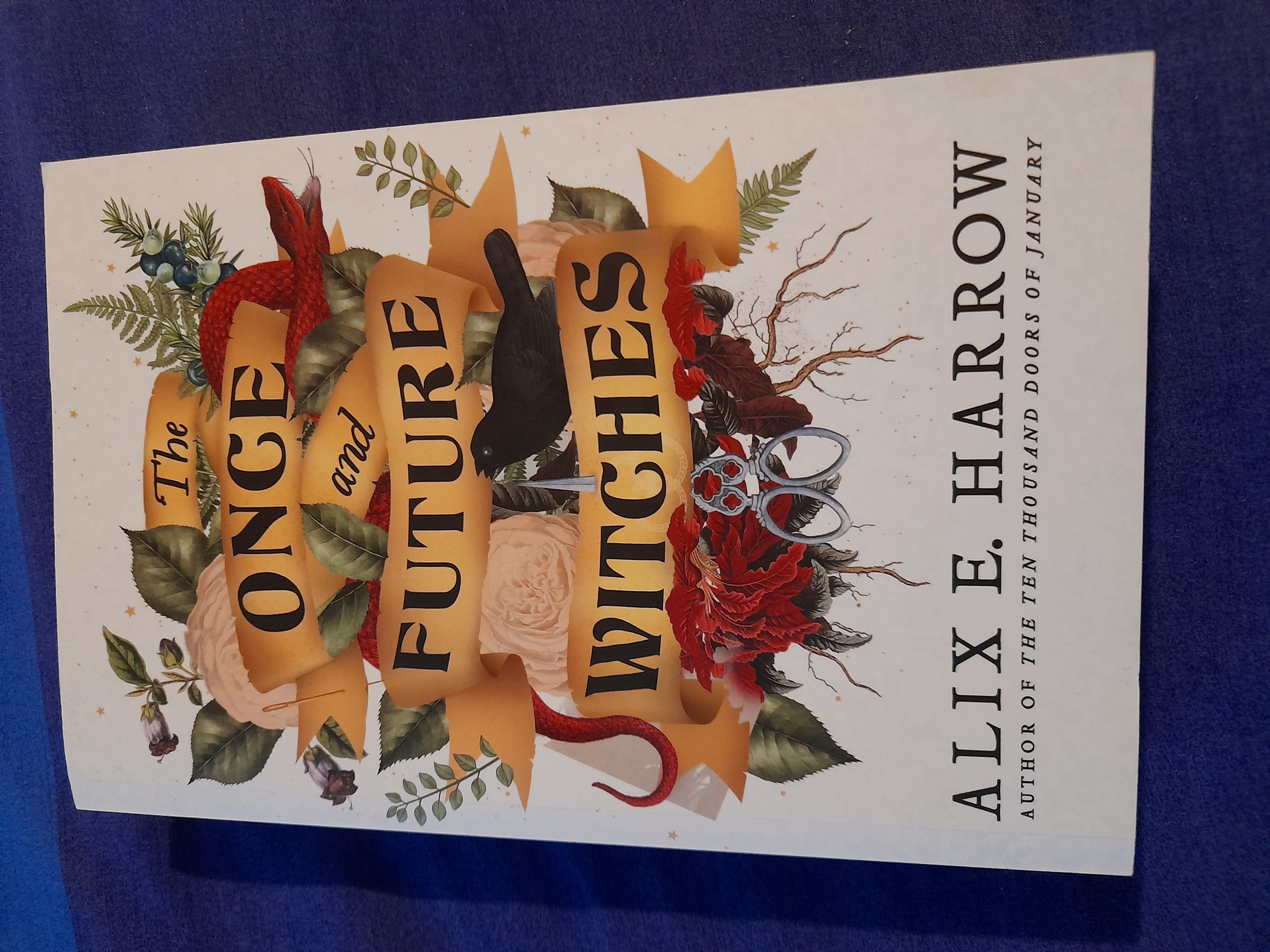

Bella, the mopey, quiet librarian who just wants to stay out of everyone’s way didn’t have much to interest me (except being a lesbian in a time when that was considered shameful). Juniper was the only one who was intriguing from the start, but both Agnes and Bella stayed rather bland for quite some time. Whenever I’d feel like I was getting to know one sister, we’d jump to one of the others. Because during the beginning of the novel, none of them ever got to shine fully due to the frequent switches between them. After all, they left, didn’t they? And if the three Eastwoods are thrown together again through the suffragist movement, that doesn’t mean they have to love each other, right?įor a long time, maybe a third of the book, I felt that it would have been better served if we followed only one protagonist – June – instead of head hopping between the three Eastwood sisters. Her sisters, the ones who left her all alone with their father, don’t have to be in her life. Juniper, the youngest, was the last to finally escape and is determined to make it on her own. In their past lies a childhood spent with a violent, abusive father and only a loving grandmother and each other for comfort.

Their relationship is fraught, each feeling the betrayal of the others as keenly as if it happened yesterday. Three sisters – James Juniper, Agnes Amaranth, and Beatrice Belladonna – meet again after seven years of being apart, in the city of New Salem. Stalked by shadows and sickness, hunted by forces who will not suffer a witch to vote-and perhaps not even to live-the sisters will need to delve into the oldest magics, draw new alliances, and heal the bond between them if they want to survive.

If the modern woman wants any measure of power, she must find it at the ballot box.īut when the Eastwood sisters–James Juniper, Agnes Amaranth, and Beatrice Belladonna–join the suffragists of New Salem, they begin to pursue the forgotten words and ways that might turn the women’s movement into the witch’s movement.

There used to be, in the wild, dark days before the burnings began, but now witching is nothing but tidy charms and nursery rhymes. In 1893, there’s no such thing as witches. Opening line: There’s no such thing as witches, but there used to be. It took a little while to get going but then it turned into everything I had hoped and more. So I went into her second novel with a bit of scepticism. Harrow’s debut novel The Ten Thousand Doors of January was good, but not nearly as immersive or emotionally impactful as I had hoped. I was so worried I wouldn’t like this book.


 0 kommentar(er)
0 kommentar(er)
